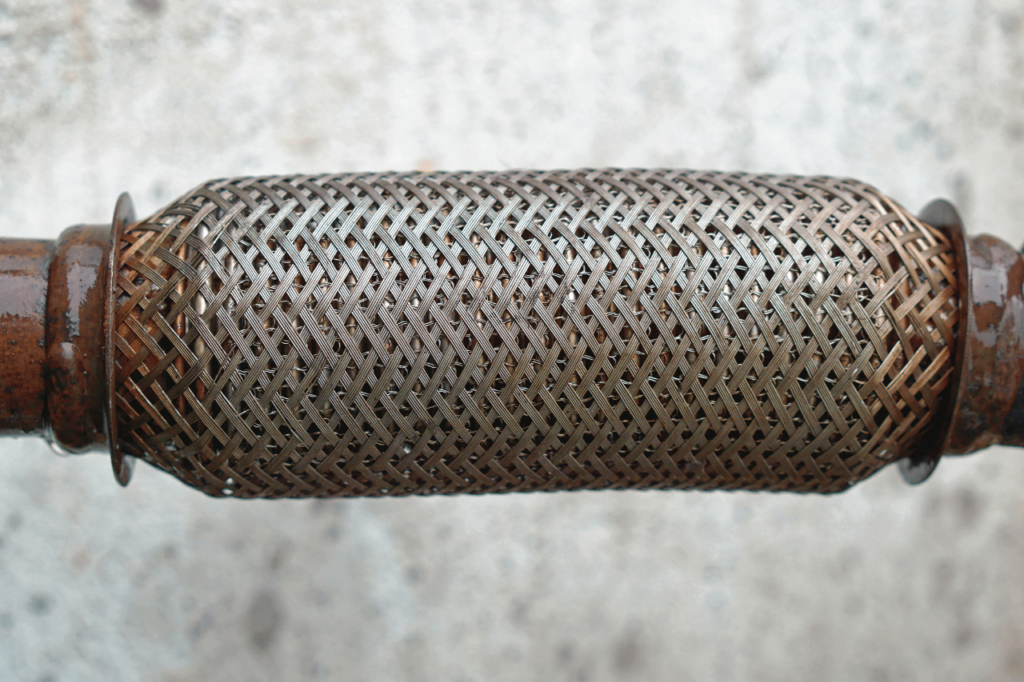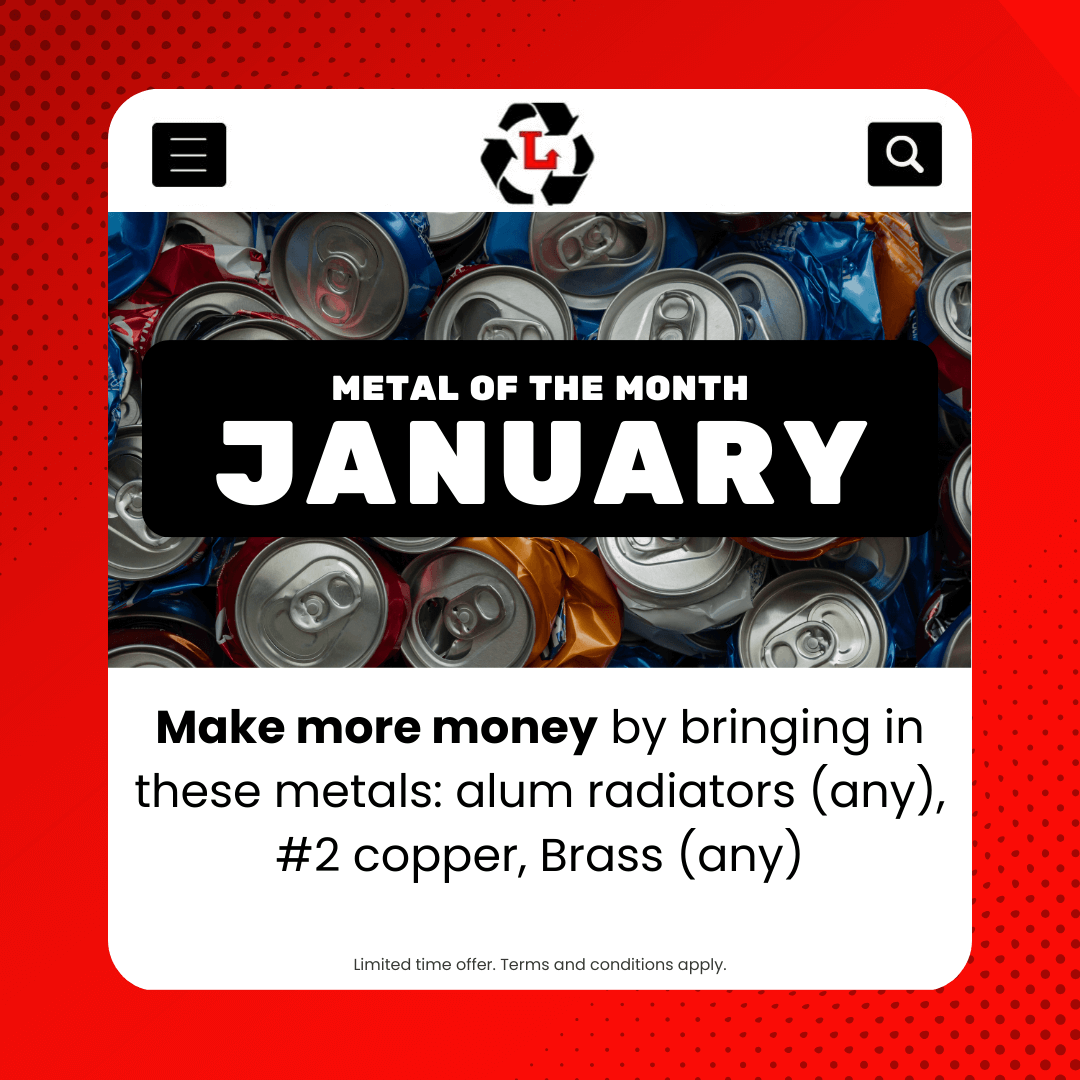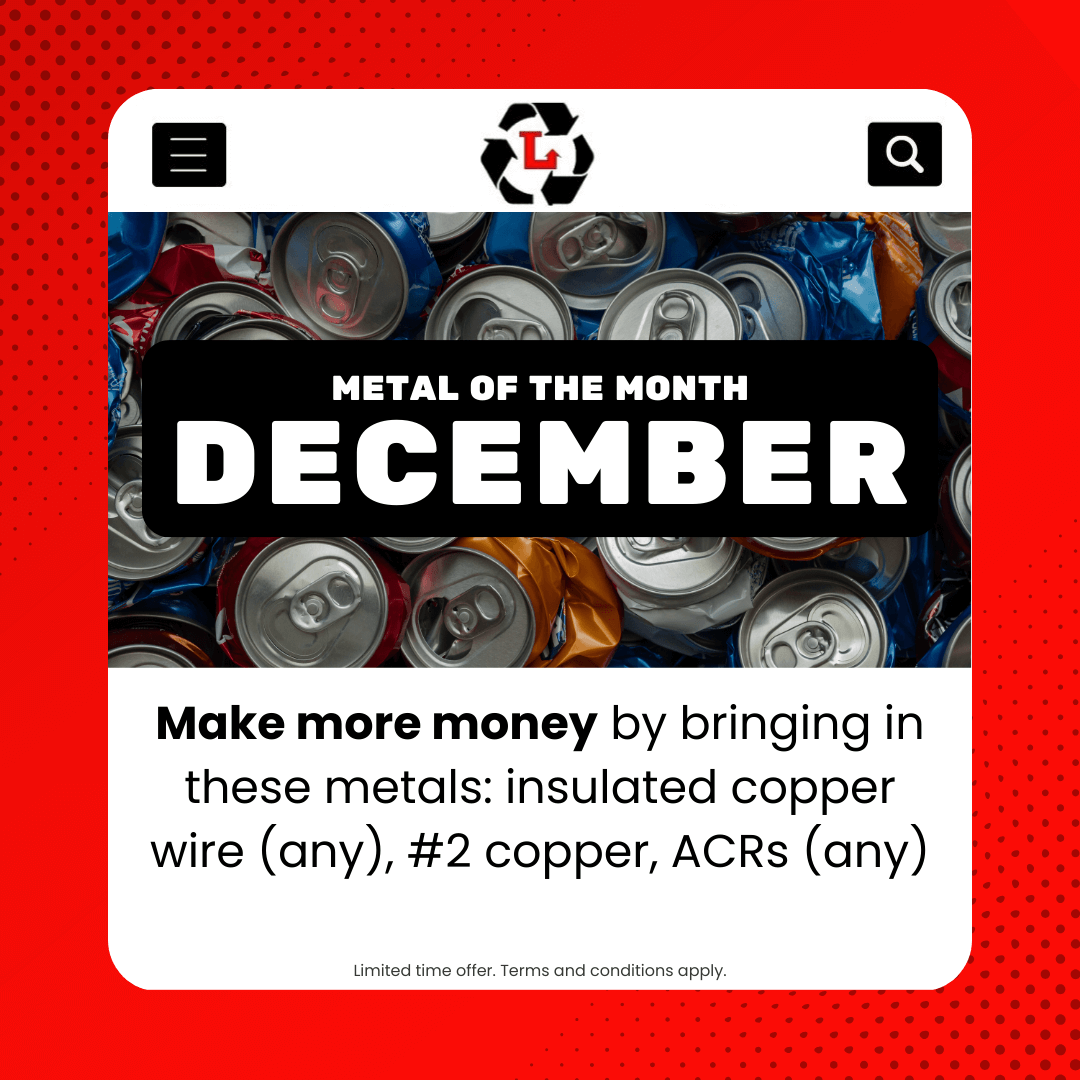Rhodium is one of the rarest and most valuable precious metals in the world. You might be asking yourself what is rhodium and why is it so valuable?
Well, the simple answer is rhodium is a chemical element that makes up only 0.0002 parts per million of the earth’s crust. It is so valuable because of its scarcity and its use in the automobile industry. Rhodium is primarily used in catalytic converters found in vehicles, which help make the air we breathe cleaner by reducing emissions.
What is Rhodium?
Rhodium is a chemical element (Rh) with an atomic number of 45 and atomic weight (average mass of the atom) of 102.90550. It is considered to be one of the six platinum group metals (PGM) alongside ruthenium, palladium, osmium, iridium, and platinum. It was discovered in 1803 by a man named William Hyde Wollaston, who named the metal based on the color of one of its chlorine compounds.
Rhodium is a silver-white metallic element that is highly reflective, durable and resistant to corrosion. It has a higher melting point and lower density than platinum and does not normally form oxide under any conditions, including heat. Rhodium is rarely used alone and is almost always used alongside other metallic elements.
What is rhodium used for?
Rhodium is used for several different things, such as automobiles, jewelry, searchlights, electronics and mirrors. By far the most common use is in catalytic converters, which are exhaust emission control devices that look like a small muffler on the outside of a vehicle. The catalytic converter can be found underneath a car’s exhaust system with the exact location varying between different vehicles.

What is a catalytic converter?
Catalytic converters are designed to clean vehicle emissions by converting harmful toxins and pollutants into less-toxic pollutants by catalyzing a redox reaction. Rhodium, in combination with palladium and/or platinum, reduces nitrogen oxide in the exhaust gas. Of the three precious metals, rhodium is the most effective at removing nitrogen oxides from the exhaust with high success at also removing hydrocarbons and carbon monoxide. Catalytic converters have an average lifespan of 200,000 miles.
How much rhodium is in a catalytic converter in grams?
The amount of rhodium in a catalytic converter will depend on the type of vehicle and its age. Gasoline-powered vehicle catalytic converters contain platinum, rhodium and palladium, while diesel-powered vehicle catalytic converters only contain rhodium and platinum.
On average, the amount of PGMs in grams found in a catalytic converter:
- Cars = 2-6 grams
- Light-duty trucks = 2-6 grams
- Motrocycles = 2-6 grams
- Larger-engine SUVs = 6-30 grams
- Trucks = 6-30 grams
You might be wondering how much of those PGMs is rhodium? Typically, the amount of rhodium in a catalytic converter is anywhere between 1-2 grams, while the amount of platinum ranges anywhere from 3 to 7 grams and the amount of palladium ranges anywhere from 2 to 7 grams.
How much does rhodium cost per gram?
The price of rhodium fluctuates according to the market, which is currently valued at $435 per gram (2022). Given the cost of this precious metal, it is easy to see why only a few grams are used in catalytic converters. The amount of rhodium in grams used in a catalytic converter greatly influences the price, meaning catalytic converters with more rhodium, cost significantly more than those with less rhodium.
Which catalytic converters have the most rhodium?
Catalytic converters that have the most rhodium are typically designed for vehicles with large engines or automobiles with multiple catalytic converters. These vehicles are usually on the higher-end side, meaning they contain more rhodium due to the high standards of the manufacturer. In addition, larger catalytic converters will also require extra rhodium as it is needed to help ensure fumes are cleaned effectively.
The secret to knowing if a catalytic converter contains more rhodium is the price. Since rhodium is expensive, most automobiles with costly catalytic converters will have extra rhodium in them.

What vehicles have the most expensive catalytic converters?
This may not come as a surprise, the most expensive catalytic converters are often found in higher-end vehicles.
Vehicles with expensive catalytic converters include:
- Toyota Prius
- Ferrari F430
- Ford F-250
- Lamborghini
- Ford Mustang
- Dodge Ram 2500
- Mercedes-Benz S63 AMG Coupe 63
Most of these vehicles have massive engines, which require extra catalytic converters making the value double.
Is your car more prone to theft with a catalytic converter that contains rhodium?
Catalytic converters have a high economic value because they contain precious metals, such as rhodium, palladium and platinum. Just like anything, when there is a high demand, thieves often find a way to take advantage. However, the threat will depend not only on your vehicle (make, model and age) but also on where you live.
The Toyota Prius is one of the most targeted vehicles for catalytic converter theft because it contains more rhodium, palladium and platinum than any other vehicle and is worth approximately $2,000. Other vehicles that are often targeted include: Ford F250 ($3,300), Dodge Ram 2500 ($4,100) and Ford Mustang ($1,800). The most expensive catalytic converter in 2020 belonged to the Ferrari F430, which requires two catalytic converters that are valued at $4,500 each.
In Conclusion
Rhodium is a precious chemical element that helps clear toxins from the exhaust of automobiles. Its demand and value continue to increase as emission restrictions grow and become increasingly strict. While rhodium is extremely effective, its value and scarcity have contributed to unfavorable circumstances, such as catalytic converter theft.








